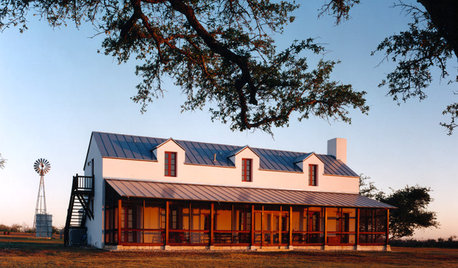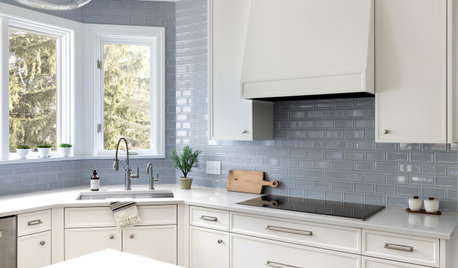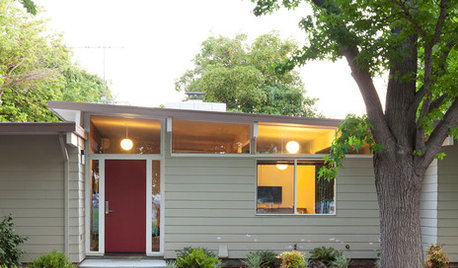Going Deep
Elbourne
9 years ago
Related Stories

SHOP HOUZZShop Houzz: Dare to Go Dark With Solid Black Walls
Embrace the trend of deep, dark walls for dramatic sophistication
Full Story
HOUSEKEEPING20 Things You Might Be Forgetting to Spring-Clean
Clean these often-neglected areas and your house will look and feel better
Full Story
MORE ROOMSDeep Purple Dreams for Rooms
Plum-hued walls, furniture, bedding and even a ceiling show that purple colors can work in any room
Full Story
FARMHOUSESHouzz Tour: German Tradition Deep in the Heart of Texas
Rooted in architecture from the 1800s, this award-winning home mixes history with the vernacular of today
Full Story
PRODUCT PICKSGuest Picks: A Deep Blue Bedroom Dream
Make your sleeping space as enchanting as a starry sky with abundant navy and touches of shine
Full Story
HOUZZ TOURSHouzz Tour: Victorian's Beauty Is More Than Skin Deep
A London home keeps its historic facade but is otherwise rebuilt to be a model of modern energy-efficiency
Full Story
KITCHEN DESIGNHow to Choose the Right Depth for Your Kitchen Sink
Avoid an achy back, a sore neck and messy countertops with a sink depth that works for you
Full Story
FEEL-GOOD HOMERejuvenate Your Home With Deep-Rooted Traditions
Give the subtle energies and spiritual side of your home some attention, and watch newfound calm and beauty blossom
Full Story
FRONT DOOR COLORSFront and Center Color: When to Paint Your Door Deep Red
Rich reds draw the eye and send an inviting message. See if one of these palettes speaks to you for your own front door
Full StoryMore Discussions







mustard_seeds
klem1
Related Professionals
Ballwin Landscape Architects & Landscape Designers · Barrington Hills Landscape Architects & Landscape Designers · Forest Park Landscape Architects & Landscape Designers · Hartford Landscape Contractors · Crystal Landscape Contractors · Olympia Landscape Contractors · Setauket-East Setauket Landscape Contractors · Watertown Landscape Contractors · Welby Landscape Contractors · Yukon Landscape Contractors · Elkridge Decks, Patios & Outdoor Enclosures · Shorewood Decks, Patios & Outdoor Enclosures · Hendersonville Decks, Patios & Outdoor Enclosures · Jeffersonville Decks, Patios & Outdoor Enclosures · Leander Decks, Patios & Outdoor EnclosuresKimmsr
pontyrogof
toxcrusadr
claireplymouth z6b coastal MA
ElbourneOriginal Author
klem1
berry_bob